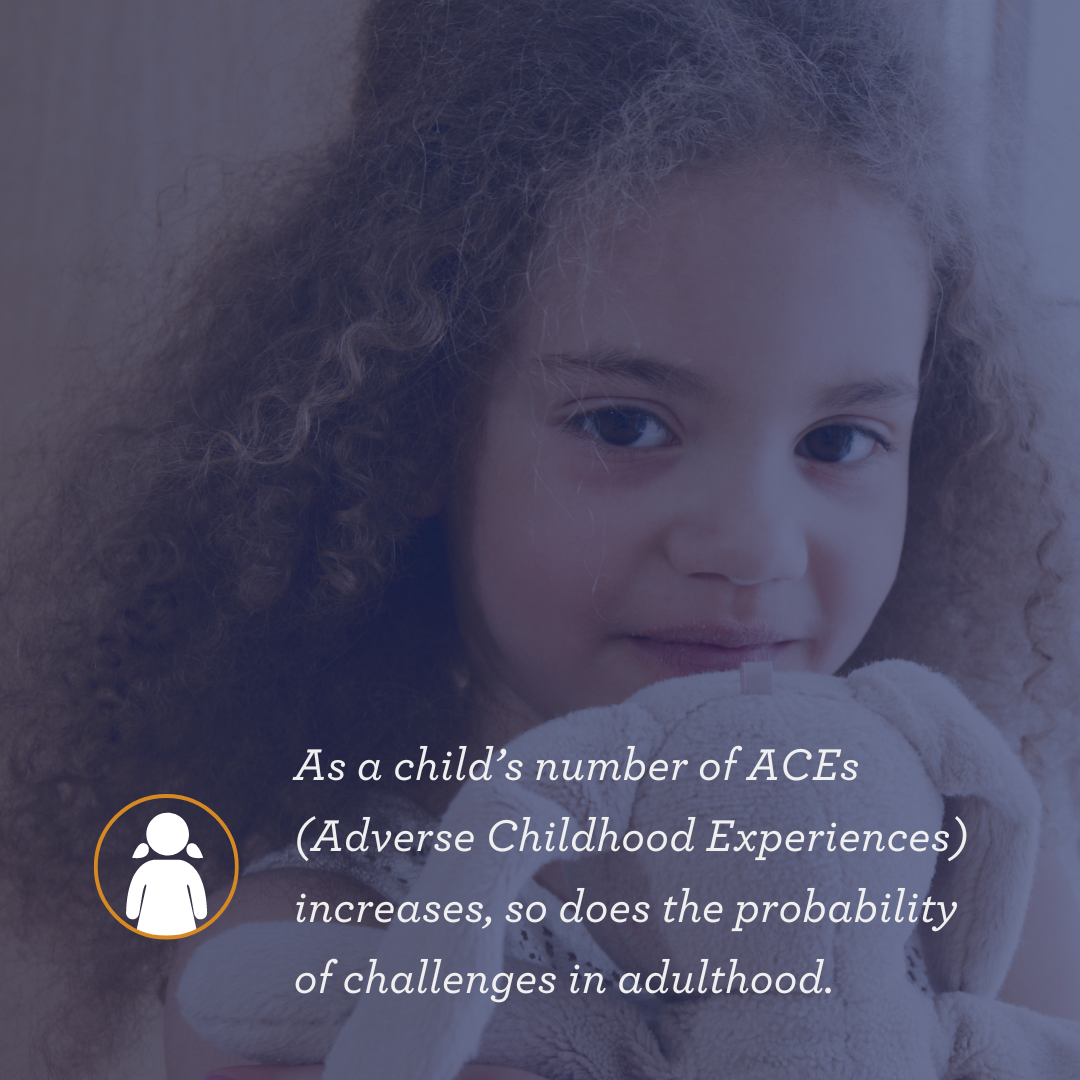ADVERSE CHILDHOOD EXPERIENCES
TMI is based on the pioneering science of Dr. Vincent Felitti’s Kaiser Permanente Adverse Childhood Experiences (ACEs) study and presented through an innovative community and neighborhood school-based strategy.
A POLICE, SCHOOL, COMMUNITY
PARTNERSHIP
The science and methodology shows that, throughout an individual’s lifespan, ACEs negatively impact physical and mental health, cognitive and social development, and the ability to function as a productive adult member of society.
WHAT ARE ACES?
Adverse Childhood Experiences
The Martinsburg Initiative unites the police department, school system, healthcare organizations, and the Martinsburg community in a full-spectrum prevention effort to break the cycle of addiction and mitigate the risk factors for substance misuse, including adverse childhood experiences while building strong families and offering hope to our community.
-
Physical Abuse
-
Emotional Abuse
-
Sexual Abuse
-
Physical Neglect
-
Emotional Neglect
-
Mental Illness
-
Mother Treated Violently
-
Divorce
-
Incarcerated Relative
-
Substance Abuse
By reducing the number of ACEs in an individual child, and increasing protective factors through things like after school clubs, mentoring, and referral to family services, we can dramatically reduce the likelihood of future behavioral risks, social dysfunction, and probability of early death.


A child with six ACEs is up to 4,600% more likely to be an intravenous drug user and 5,000% more likely to commit or attempt suicide as an adult than a person with zero ACEs.
THE IMPACT OF ACES
Adverse Childhood Experiences
-
Severe Obesity
-
Heart Disease
-
Diabetes
-
Cancer
-
Depression
-
Stroke
-
Suicide Attempts
-
COPD
-
STDs
-
Broken Bones















